 |
|
|
|
Issue 85 / Autumn / May 2017
Hi [firstname]
 Welcome to the May edition of the SeedData newsletter.
Welcome to the May edition of the SeedData newsletter.
I trust this email finds you well as we start to move closer towards the depths of winter.
Having been around the countryside a bit lately, I think for most (except maybe Southland) farmers it's going to be autumn we are pleased to see the back of.
In most areas, we simply had too much rain and not enough sunshine hours or the warmth that comes with them.
In general, new pasture sow downs have been slow to establish, which has increased the weed burden in many of them.
However on the positive side there has been a lot of supplementary feed made, and the winter green feed crops are better than average.
In this month's SeedData newsletter I'd like to remind our Lucerne growers that it's time to have a good look at their stands for both weed control and fertiliser requirements, so these can get set up for the spring.
We also talk about fodder beet seed supply and send out another quick reminder that it's fieldays' time again soon.
Please browse these topics below:

It's time to sort out your Lucerne.
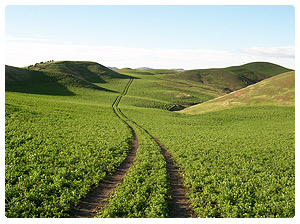 Hard grazing your Lucerne stand now is extremely important, as this will remove the overwintering aphids and remove the old stems.
Hard grazing your Lucerne stand now is extremely important, as this will remove the overwintering aphids and remove the old stems.
Ideally you should complete your winter grazing by the end of June and care must be taken during this time not to damage the stand by pugging.
Once this grazing has been finished it's time to weed spray and fertilise your stand to set it up for the spring.
Weed Control.
Please note the following information is for established (over 12 months old) stands only.
Should you have a younger stand please feel free to contact us for advice.
Lucerne has a poor tolerance of any weeds sharing its space. Weeds lead to poor quality end product, reduce the stands life and compete for valuable nutrients and need to be controlled.
After grazing (end of June) we recommend you wait until frosts have stopped growth then apply both a contact and residual chemical.
This application should be done within 10 - 14 days from the last grazing as the contact herbicides will burn off the stands leaf and grazing within this time will help minimise any crop damage.
In todays market there are many options that you can use to control weeds in your Lucerne stand. Below is a recommendation for a commonly used, and time proven contact and residual spray program:
Common chemicals used for weed control in Lucerne:
- 2-3 litres Paraquat PQ200
- + 850 grams Atragranz 90WG per hectare in 200 litres of water + 1 litre crop oil.
- Note: Always read and follow label instructions before using any chemical. See links below for more information.
Soil Fertility.
More soil fertility is removed if your stand is irrigated and or used for silage or hay production, than if it is grazed.
For example, for every tonne of dry matter per hectare removed from your paddock, you are also removing 20 kgs of Potassium.
Other important nutrients removed and need to be considered are sulphur and lime.
So now is a great time to have your preferred fertiliser company conduct a soil test on your stand as doing these tests during dry weather will give best results.
Once this test is done they will also be able to give you expert advice on what your paddock will require to produce well in the coming spring.
For more options on weed control in Lucerne or soil fertility please contact us.
Information Link: Paraquat PQ200 label information link
Information Link: Atragranz 90WG label information link
Website Link: Check out our Lucerne Information Downloads on our website.
Contact Link: Contact Specialty Seeds if you have any other questions.
Back to top
 Fodder Beet Seed supply 2017.
Fodder Beet Seed supply 2017.
Shortly the various seed companies will be informing us of the Fodder Beet seed supply situation for the coming season.
A few years ago, when fodder beet had its Seed Force led re-birth in this country we had for several of the following years much difficulty with seed supply. Seed was always short.
Since this time, we have seen two things happen:
- A lot wider range of fodder beet cultivars to select from and
- The overseas companies involved with seed supply to New Zealand (supposedly the worlds largest fodder beet seed market now) have a far better idea of our requirements and with the odd exception have very much improved the seed quality supplied to our market.
These two factors have meant that for re-sellers, such as Specialty Seeds, we can have confidence that yes, we can supply you with seed and generally that seed is of a better quality.
In our case for this season Specialty Seeds is already in a very good situation with most of its projected seed requirements and over the next two months will be talking to our clients about their requirements.
We do however have a list of some of the cultivars that we have been advised will be in short supply and so we have already started contacting our existing users to advise them of this fact.
As hinted to above, in our opinion there is no need to panic buy your fodder beet seed supply this season and we would welcome any enquiry you may have.
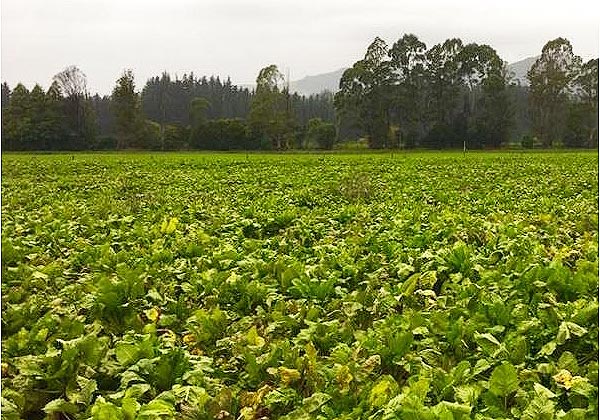
Although it's been a difficult season in Takaka this autumn due to the above average rain they received on the back of two cyclones Cook and Debbie, this well managed 25+ tonne crop of Summo fodder beet was very impressive.
|
Website Link: Check out the Fodder Beet website page on the Specialty Seeds website.
Contact Link: Contact Specialty Seeds if you have any questions.
Back to top
 Fielday's loom: 14-17 June.
Fielday's loom: 14-17 June.
I just thought I'd drop in a brief note on the New Zealand Agricultural Field days that are coming up in June, as it may be over before I do my June newsletter!
The NZ National Fieldays Society CEO Peter Nation explains this year's theme is 'Leading Change', below.
'We have chosen this theme to help drive prosperity in New Zealand's primary sector,' said Mr Nation.
'To excel and grow in the future, innovation and change is vital. It is an exciting and challenging time for the industry, but with good leadership we have great opportunities.'
Keep the 14th to 17th June free should you wish to catch up on all the latest farming has to offer.
Click on the following link to get all the information you need on it: www.fieldays.co.nz and don't forget to pop into see the boys on the Duncan Ag site. They make awesome drills for every occasion!
Website Link: Check out the Fieldays website.
Contact Link: Contact Specialty Seeds if you have any questions.
Back to top

Finchy's photos of the month.
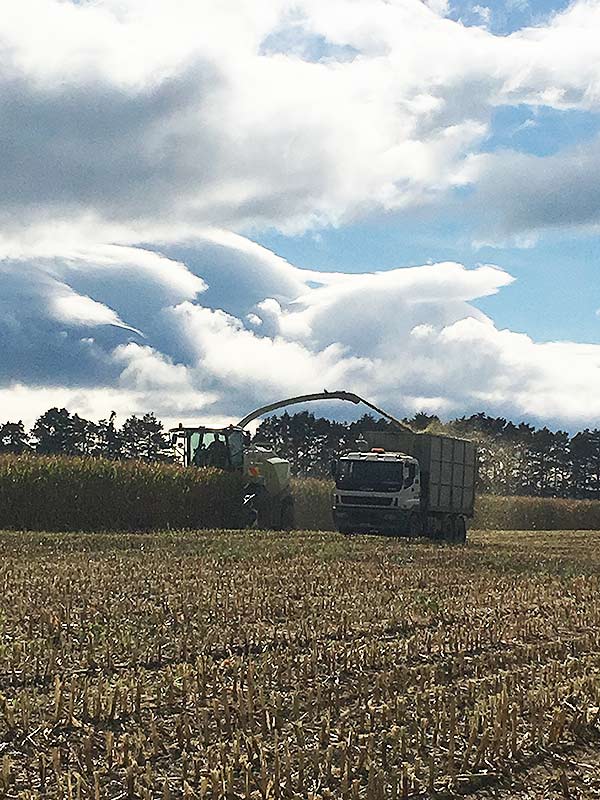
Maize harvesting Burnham Christchurch - Two cultivars were grown in this paddock P7524 and 39T45.
|

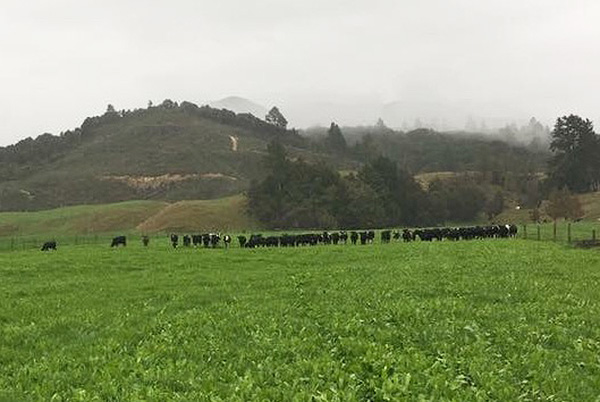
The winner of the Rural Service Centre's new Pasture competition Rob Chubb dairy farmer Takaka.
|
Back to top

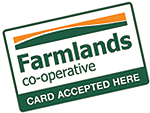
As always, we hope this issue has been of some value to you. If you have a comment on this newsletter or anything on our website, please give us a call on our Freephone: 0800 727 8873, send us an email at: mail@specseed.co.nz.
Kind Regards

Stephen Finch & David Percival
Specialty Seeds - New Zealand
|
|
|
|
 |
|
|

|
If you are having trouble viewing this email, .
If you would like to be removed from this newsletter please click here to
|
